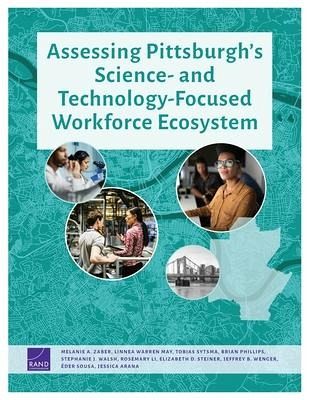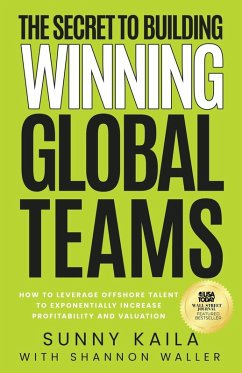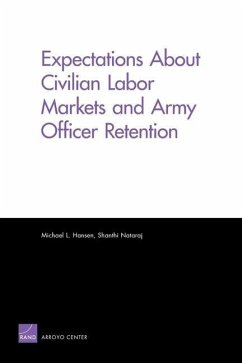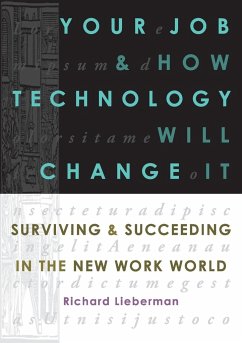
Assessing Pittsburgh's Science- And Technology-Focused Workforce Ecosystem
Versandkostenfrei!
Versandfertig in über 4 Wochen
35,99 €
inkl. MwSt.

PAYBACK Punkte
18 °P sammeln!
RAND Corporation researchers characterize the science- and technology-focused (STF) workforce ecosystem in the Pittsburgh region and suggest policy changes and investment opportunities to help propel the region's STF sectors in the future.














